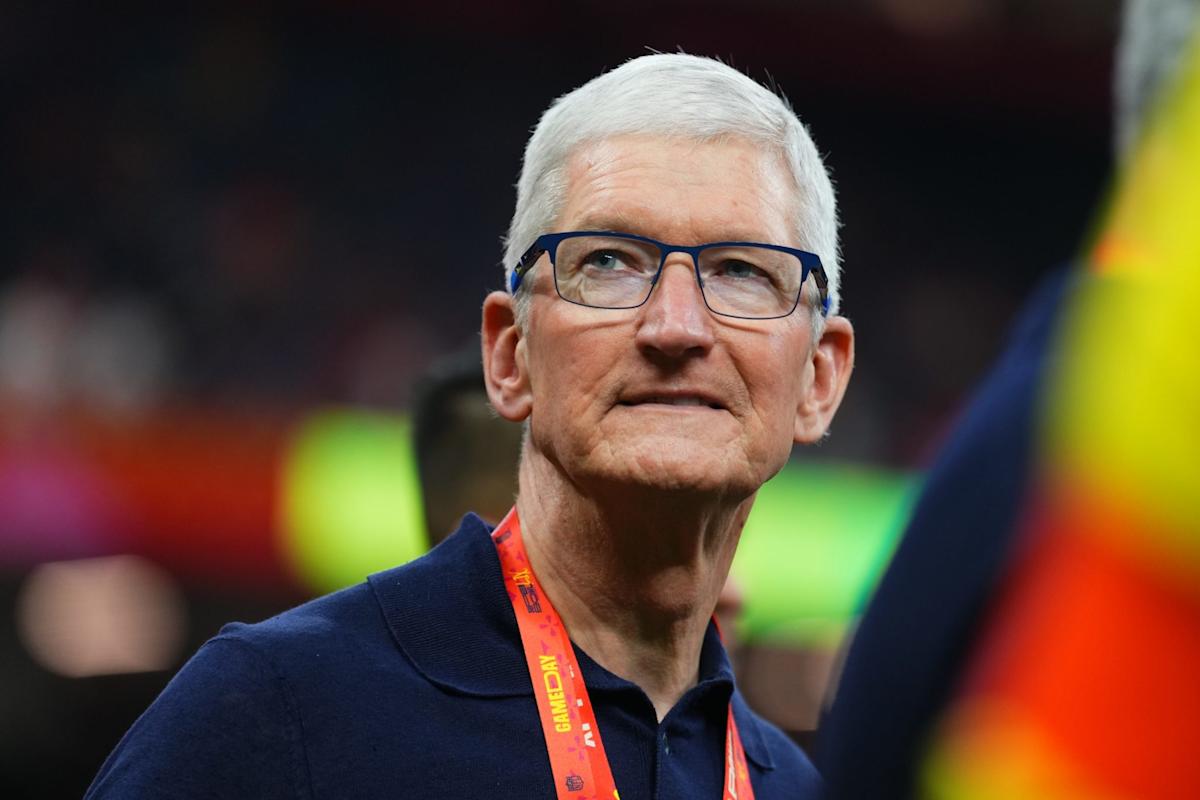## Epic’s Victory Turns To Dust: Fortnite Banned From iOS Worldwide
Remember that time Epic Games threw a virtual gauntlet down at Apple, leading to a landmark court battle over app store dominance? Well, it seems Apple’s just thrown a figurative “game over.” Just weeks after securing a partial victory against Apple in court, Fortnite has been pulled from the iOS App Store globally, leaving millions of players stranded on the sidelines.

The Global Impact: Millions of Gamers Left in the Dark

The re-removal of Fortnite from the iOS App Store has sent shockwaves through the gaming community. Millions of players worldwide suddenly find themselves unable to access the wildly popular battle royale game on their iPhones and iPads. This latest development in the ongoing saga between Epic Games and Apple underscores the significant impact this dispute has on gamers and the mobile gaming landscape.
Epic Games, the developer of Fortnite, confirmed the global outage in a statement posted on social media. The company’s CEO, Tim Sweeney, expressed his disappointment, stating that Apple’s actions effectively silenced the voices of millions of fans who can no longer enjoy Fortnite on their iOS devices.
The timing of this move is particularly concerning, as it comes just weeks after a federal judge ruled in favor of Epic Games, finding that Apple’s App Store policies are anti-competitive. This decision represented a major victory for Epic Games and a potential turning point in the battle for fair practices in the mobile gaming market.
Apple’s Stance: Defending Its Playbook or Playing Dirty?
Apple’s decision to pull Fortnite from the App Store, despite the recent court ruling, raises serious questions about the company’s motives and commitment to fair competition.
Apple’s 30% Commission: A Point of Contention
At the heart of this dispute lies Apple’s controversial 30% commission on all in-app purchases made through the App Store. Epic Games has consistently argued that this fee is excessive and stifles innovation, forcing developers to pass on the cost to consumers in the form of higher prices or reduced content.
Apple defends its commission as necessary to maintain the security and integrity of its App Store ecosystem, claiming it invests heavily in app curation, customer support, and fraud prevention. However, critics argue that Apple’s control over payments within its App Store creates an unfair advantage and hinders the growth of independent developers.
The App Store’s Control: Gatekeeper or Facilitator?
The App Store acts as the exclusive gateway for iPhone and iPad users to download and access apps. This control grants Apple immense power over the mobile gaming market, allowing it to dictate terms and conditions to developers. Epic Games’ lawsuit challenges this dominance, arguing that Apple’s tight grip on the App Store prevents competition and limits consumer choice.
Supporters of Apple’s approach argue that the App Store’s strict guidelines and review process ensure the quality and safety of apps, protecting users from malicious software and fraudulent schemes. They contend that Apple’s control is essential to maintaining a secure and reliable app ecosystem.
Antitrust Concerns: Apple Under the Microscope
The ongoing legal battle between Epic Games and Apple has drawn significant attention from antitrust regulators worldwide. Concerns have been raised about Apple’s market power and its potential to stifle competition, particularly in the burgeoning mobile gaming industry.
Investigations into Apple’s App Store practices are underway in several countries, including the United States, the European Union, and Australia. Regulators are examining whether Apple’s commission structure, its control over app distribution, and its restrictions on alternative payment methods violate antitrust laws and harm consumers.
The Future of Mobile Gaming: What’s Next for Fortnite and Beyond?
The outcome of this legal battle has far-reaching implications for the future of mobile gaming. It will shape the relationship between app developers and platform providers, determine the fate of commission structures, and potentially reshape the landscape of the mobile app ecosystem.
The Potential for Legal Appeals: Will This Be the Last Word?
Despite the recent court ruling in favor of Epic Games, Apple has indicated its intention to appeal the decision. This could prolong the legal battle for years, with both sides fighting for their respective positions in the courts.
The legal proceedings are closely watched by industry observers and developers alike, as they provide crucial insights into the evolving legal landscape surrounding app store practices and antitrust regulations.
Impact on Developers: A Test Case for App Store Power
The Epic Games vs. Apple case serves as a test case for the power and reach of app store platforms. The outcome will have a profound impact on how developers interact with platform providers and negotiate terms for distributing their apps.
Developers are eager to see a more equitable and transparent app store ecosystem that allows them greater control over their businesses and fosters innovation. The case could pave the way for reforms that empower developers and reduce the dominance of platform giants.
The Rise of Alternative Platforms: Can Mobile Gaming Break Free?
The dispute between Epic Games and Apple highlights the need for alternative app distribution platforms. Gamers have expressed a desire for greater choice and control over where they download and play games.
The growing popularity of cloud gaming services, which stream games over the internet, offers a potential solution by bypassing the limitations of traditional app stores. Cloud gaming platforms could provide a more open and competitive environment for developers and gamers alike.
Conclusion
The Fortnite saga continues, with Apple once again flexing its control over the App Store. Despite Epic Games’ legal victory earlier this month, where a judge ruled against Apple’s anti-competitive practices, the tech giant has pulled the plug on Fortnite for iOS users globally. This move underlines the complexities of the battle between platform providers and developers, highlighting Apple’s fierce determination to maintain its stringent control over its ecosystem. The article delves into the legal arguments, the implications for developers and gamers, and the potential ripple effects on the gaming industry as a whole.
This isn’t just about a popular game disappearing from a platform; it’s about the fundamental power dynamics at play in the digital age. Apple’s decision raises crucial questions about fair competition, consumer choice, and the future of app distribution. Will other developers follow Epic’s lead and challenge Apple’s dominance? Will regulators intervene to create a more level playing field? The outcome of this ongoing battle will have significant implications for the entire tech landscape, shaping how we access and experience digital content for years to come.
This isn’t the end of the story, but a pivotal chapter in a larger narrative. The future of gaming, and perhaps even the internet itself, hangs in the balance as we witness this clash of titans. Will we see a more open and equitable digital world emerge, or will Apple’s walled garden continue to reign supreme? Only time will tell.